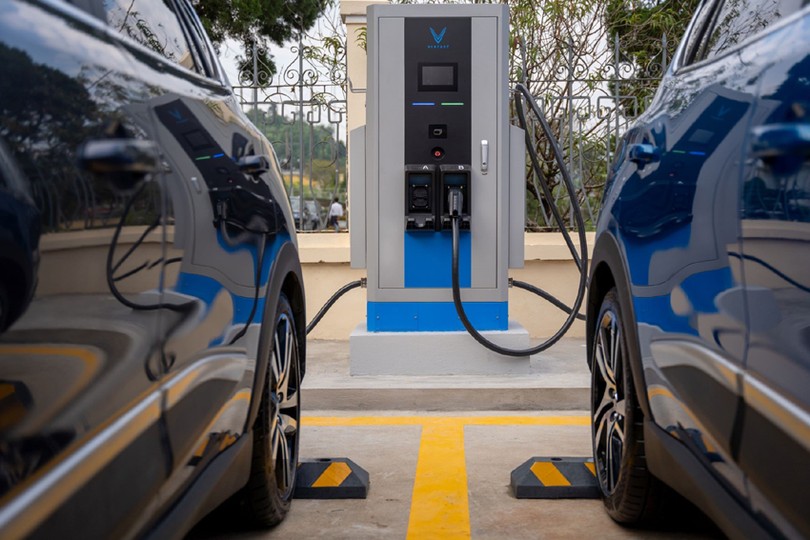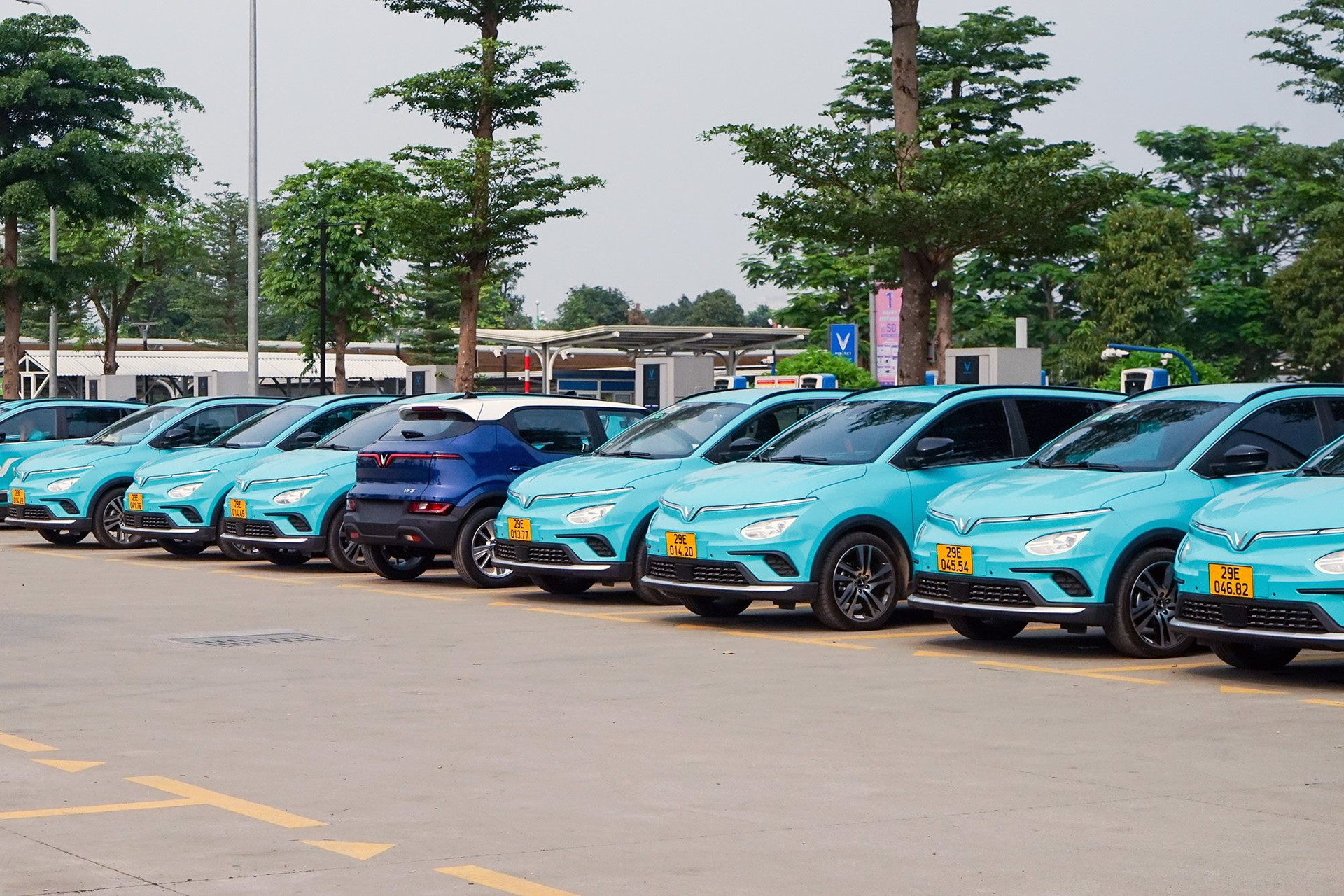10-08-2023 18:24
Day 4 of the event marked a pivotal exploration into the frontier of cutting-edge mobility solutions The day's itinerary unfurled with a compelling visit to KAIST Munji Campus, the institution's esteemed Graduate School of Mobility.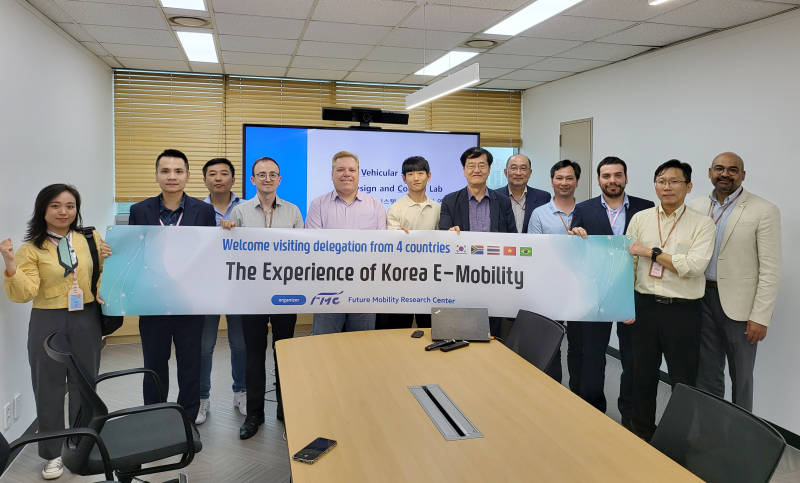
Day 4 of "The Experience of Korea E-mobility" event marked a pivotal exploration into the frontier of cutting-edge mobility solutions, anchored by an immersive encounter with The Korea Advanced Institute of Science and Technology (KAIST), a respected and recognized public institution renowned for its trailblazing contributions to science and technology since its establishment in 1971. Nestled approximately 85 miles south of Seoul, KAIST's central campus is situated in the city of Daejeon.
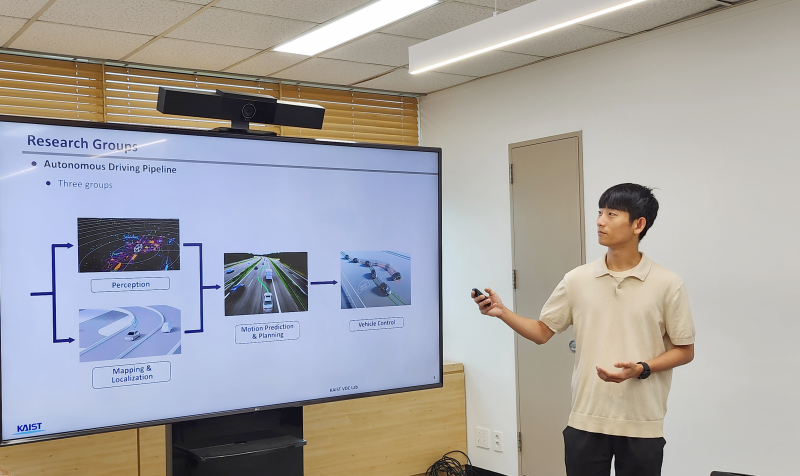
The day's itinerary unfurled with a compelling visit to KAIST Munji Campus, the institution's esteemed Graduate School of Mobility. Within the dynamic confines of the Design and Control Systems Laboratory, the attendees were seamlessly ushered into the captivating realm of autonomous car research. Facilitated by the erudite guidance of Prof. PhD Dongsuk Kum, the presentation resonated under the proficient articulation of Dr Youngseok Kim. As a dedicated researcher in the field of predictive systems for autonomous vehicles, Dr Youngseok Kim adeptly elucidated the intricate mechanics of autonomous cars. He artfully navigated through the core operational aspects, providing a comprehensive perspective on KAIST's pioneering strides in advancing this transformative technology. This enlightening discourse was followed by a tangible encounter with KAIST's ongoing efforts, as the delegates were offered an up-close look at the institution's autonomous vehicle prototype.
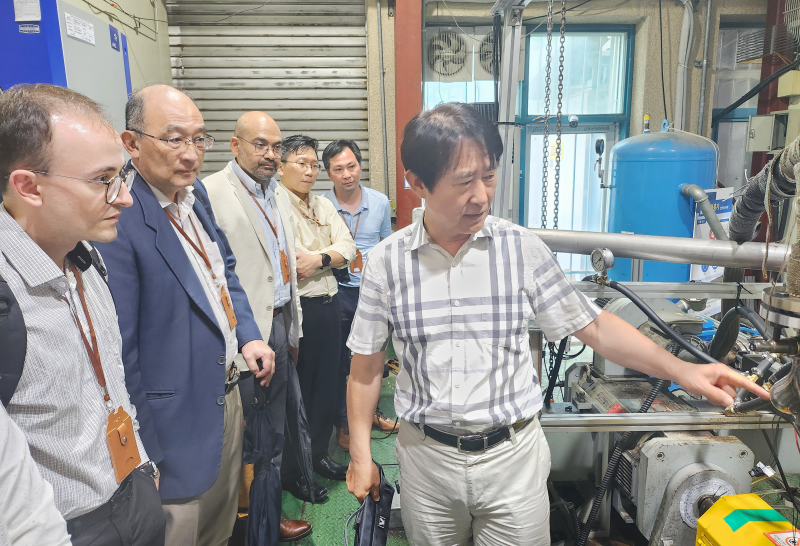
Transitioning seamlessly into the second chapter of the day's journey, the delegation embarked on a venture to another campus of KAIST, specifically the Department of Mechanical Engineering. At this juncture, the delegation was graciously received by Professor PhD Choongsik Bae, the steward of the Future Transport Laboratory. Professor Bae took center stage to illuminate his intricate research in the domain of sustainable alternative fuels. A particular emphasis was placed on exploring various iterations of e-fuels, as part of an overarching endeavor to address the distinctive needs of Zero Emission Transportation in a world characterized by diverse energy consumption patterns and the distinct requirements of heavy transportation. With a laser focus on hydrogen and e-fuel solutions, Professor Bae's incisive insights offered a remarkable glimpse into the future of transportation. This segment of the day's proceedings showcased not only KAIST's unwavering commitment to pioneering research but also its far-reaching impact on shaping the trajectory of transportation.
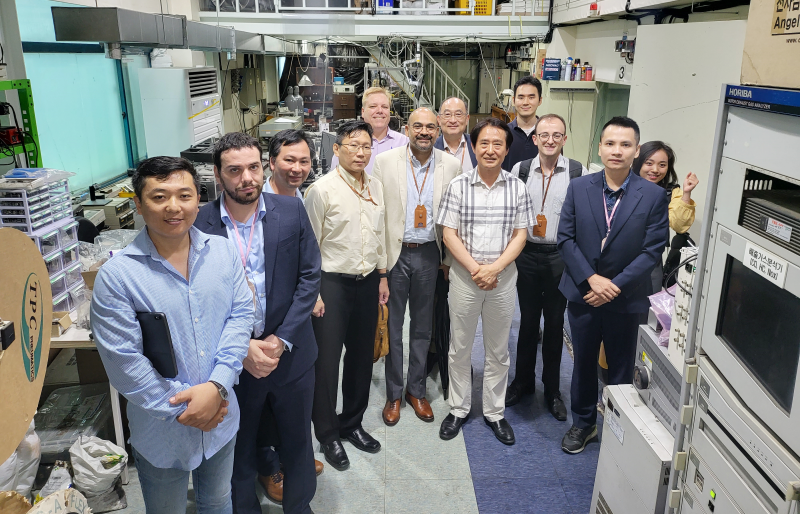
.
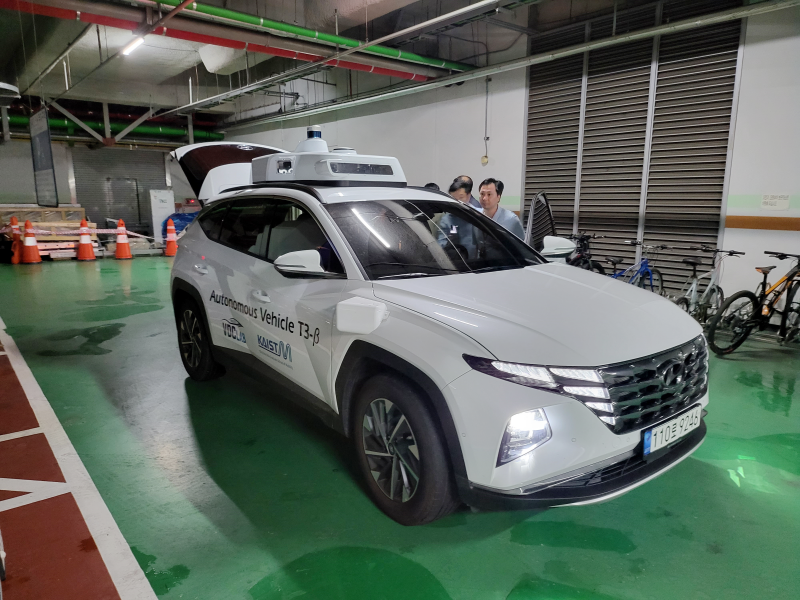
.
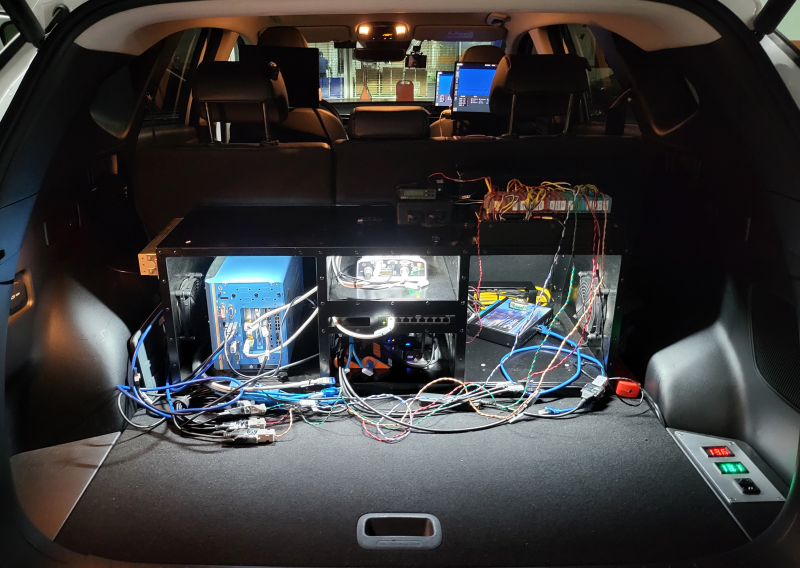
.
Tin Liên Quan
Xe điện 3 bánh chống lật khi cua
03-06-2024Xuất hiện công nghệ sạc xe điện siêu nhanh
03-06-2024Airbnb gia nhập cuộc đua trạm sạc xe điện
01-06-2024Xe điện không gặp khó, chỉ có Tesla thôi!
01-06-2024Categories
$15212.35
EUR: €12632.32
GBP: £11213.76
- $15212
- $14212
$15212.35
EUR: €12632.32
GBP: £11213.76
- $15212
- $14212
- $13212
$15212.35
EUR: €12632.32
GBP: £11213.76
- $15212
- $14212

